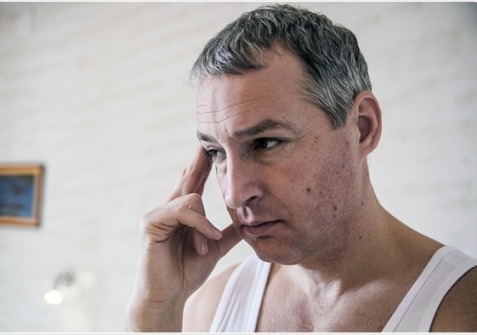Why hangover worsens with age
Headache, stomach pain, nausea, loss of appetite, fatigue, malaise… these are the most common symptoms of hangover, the invoice that passes our body hours after having consumed alcohol in a greater amount than recommended.
A discomfort that not only intensifies with age, especially after 35, but appears even having taken only a couple of drinks or beers. If you’ve gotten up one morning with a terrible headache, then you’re interested in knowing why the hangover gets worse with age. No matter how much is ingested, it will simply not be enough to sleep for a few hours to recover because our body does not assimilate alcohol in the same way, and in particular, the liver is more difficult to metabolize. But there are other reasons that hangovers become much less bearable as the years pass. Reasons that should be known before daring with the following toast.
Table of Contents
Effects of the hangover
The consequences of the consumption of alcohol in a night of celebration are the same at the 20, 30 or 40 years, the difference is in our organism, in how it addresses the effects of inevitable hangover when committed excesses.
Dehydration
The passage of time brings with it many changes in the body, and one of them is that, as we get older, the levels of hydration are reduced. Precisely one of the effects of alcohol is that it increases body dehydration and, hence, the need to replenish fluids continuously when we have a hangover.
Dehydration also causes dry mouth and dizziness. It would be advisable to have a glass of water after each glass or beer. To this must be added, according to several studies, that from the 30 the enzyme called alcohol dehydrogenase, in charge of eliminating the toxic alcohol and favoring the transformation of ethanol into acetaldehyde, slows down.
Stress hormones
Yes, the brain also ages, and one of the consequences when consuming alcohol is that it will reduce the production of endorphins and increase those of the stress hormones. This intensifies hangover symptoms and makes recovery slower.
